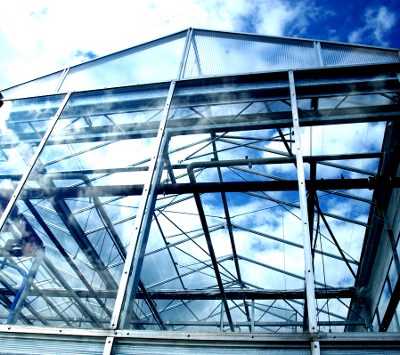Locals lag in green shift
 A new survey suggests Australians are lagging behind in their willingness to change carbon-creating habits.
A new survey suggests Australians are lagging behind in their willingness to change carbon-creating habits.
A global survey conducted by Ipsos has found that Australia lags in the bottom half of the countries globally for how likely people are to make key changes that would have the most impact on cutting carbon emissions.
Globally, less than half of respondents said they are likely to make changes such as eating fewer dairy products (41 per cent vs 29 per cent in Australia), eating less meat (44 per cent vs 35 per cent in Australia), changing their household heating system to a low carbon system (44 per cent vs 32 per cent in Australia), despite these being some of the most effective ways in cutting carbon emissions.
The global country average shows that people are most likely to try to cut their emissions by avoiding products which have a lot of packaging (58 per cent). Those in China (76 per cent), South Korea (72 per cent) and Malaysia (68 per cent) are most likely to make this change compared to 55 per cent in Australia.
“Despite a high public demand for government and businesses to take climate action, there is a lot of inertia to overcome in getting people to make changes in their own behaviours,” says Ipsos director Stuart Clark.
“It is very clear that many Australians are unable or unwilling to make changes to their lifestyles, and that we lag behind many other countries in this respect.
“Encouraging and enabling the public to take up highly impactful initiatives like eating less meat and dairy, using public transport and going carless or buying an electric vehicle requires a combination of education, cultural change and improved services and infrastructure.”







 Print
Print